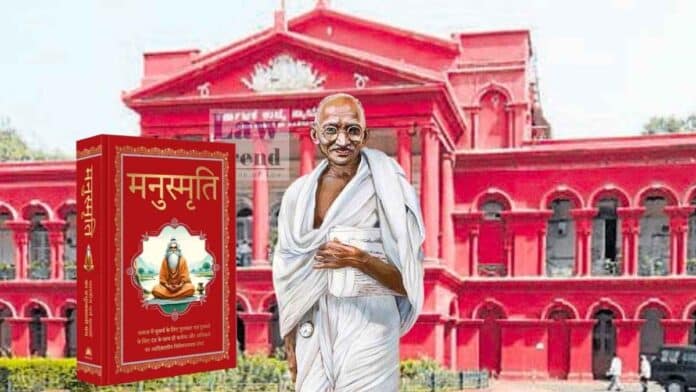The High Court of Karnataka on September 4, 2025, dismissed a criminal appeal and denied regular bail to a man accused of facilitating the rape of a 19-year-old woman. Justice S Rachaiah, presiding over the case, observed that the accused had committed a “heinous offence against an adolescent girl” and that granting bail would be
To Read More Please Subscribe to VIP Membership for Unlimited Access to All the Articles, Download Available Copies of Judgments/Order, Acess to Central/State Bare Acts, Advertisement Free Content, Access to More than 4000 Legal Drafts( Readymade Editable Formats of Suits, Petitions, Writs, Legal Notices, Divorce Petitions, 138 Notices, Bail Applications etc.) in Hindi and English.




